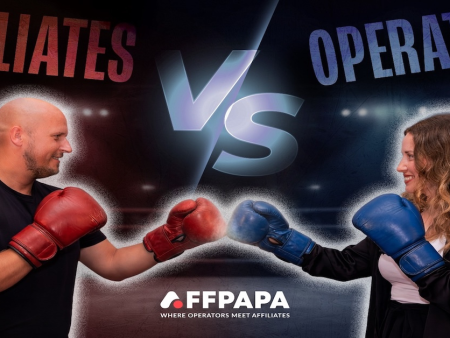
The Commonwealth of Massachusetts is emerging as a key battleground for the future of iGaming in the United States, as lawmakers prepare for a pivotal hearing on legislation that could make online casinos legal.
The state’s Joint Committee on Consumer Protection and Professional Licensure is scheduled to review two companion bills, House Bill 322 and Senate Bill 235, which propose a detailed framework for a regulated online gambling market.
The legislation, introduced by Senator Paul Feeney and Representative Daniel Cahill, outlines a structured approach to licensing. It would permit the state’s three existing land-based casinos—Encore Boston Harbor, MGM Springfield, and Plainridge Park Casino—to each partner with up to two online gaming operators.
In addition to these “tethered” licenses, the proposal calls for the Massachusetts Gaming Commission (MGC) to award up to four standalone online casinos licenses, creating a competitive landscape with potentially ten or more operators.
Financially, the proposed framework is designed to secure significant state revenue. Any company seeking to operate an online casino would be required to pay a substantial $5 million licensing fee for an initial five-year term, with renewals costing the same amount.
Furthermore, all licensed operators would be subject to a 20% tax on their gross gaming revenue, a rate consistent with the state’s existing online sports betting tax.
The legislative push has ignited a robust debate, mirroring discussions in other states considering iGaming expansion. Proponents argue that legalization would capture millions in tax revenue currently being lost to unregulated offshore sites.
They contend that a regulated market would not only fund public services but also implement crucial consumer safeguards, such as responsible gaming tools and identity verification, that are absent on illegal platforms.
Conversely, opponents have voiced strong concerns about the potential social costs, primarily the risk of exacerbating problem gambling. Labor unions representing hospitality workers have also expressed fears that online casinos could cannibalize revenue from brick-and-mortar establishments, potentially leading to job losses in the land-based sector.
This debate places the MGC at a critical juncture. As noted by Commission Chair Jordan Maynard, regulators are facing a significant challenge in keeping pace with the rapid technological evolution of the gambling industry.
The upcoming hearing will require lawmakers to carefully weigh the projected economic benefits against the pressing need for robust consumer protection and a stable, well-regulated gaming ecosystem.





